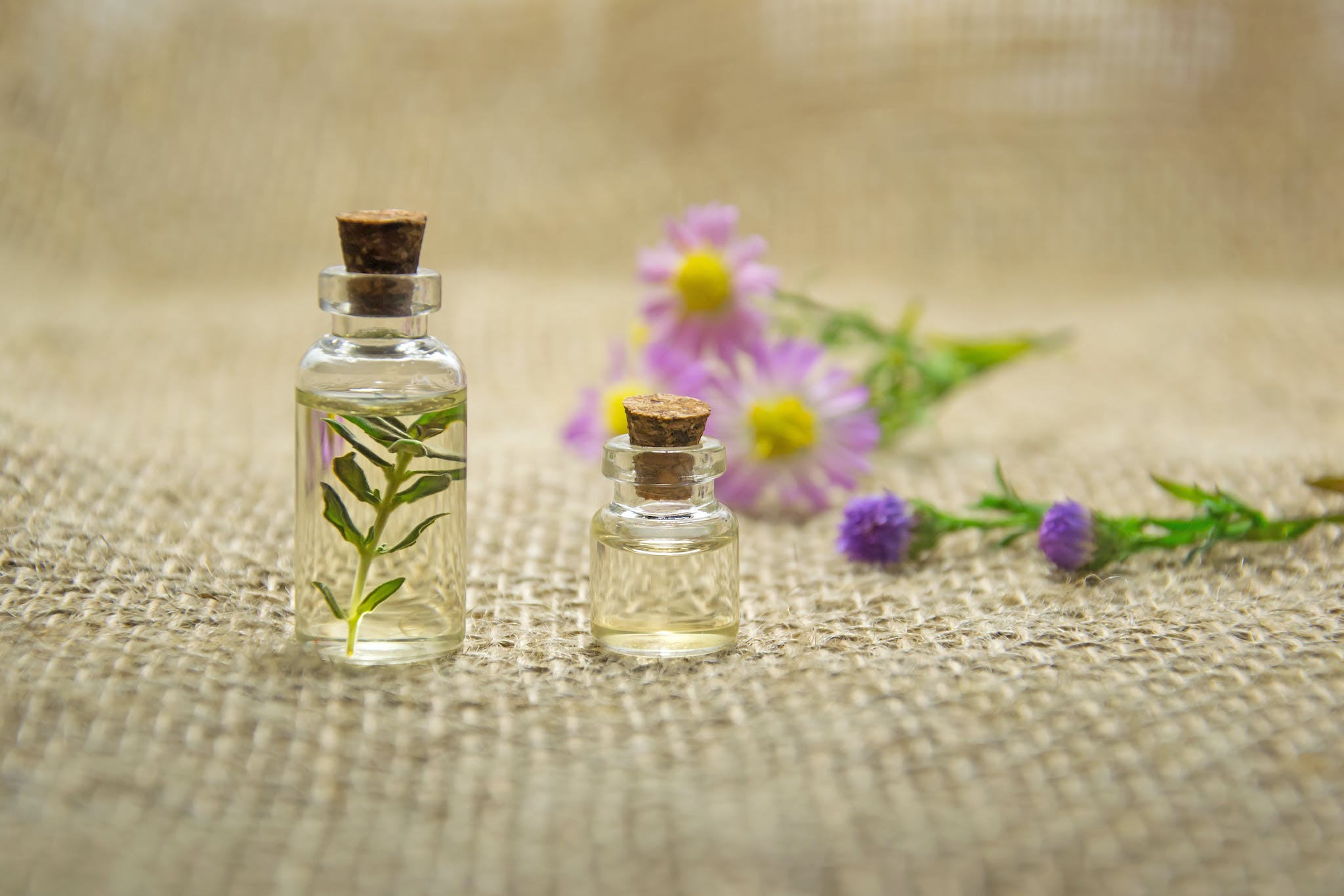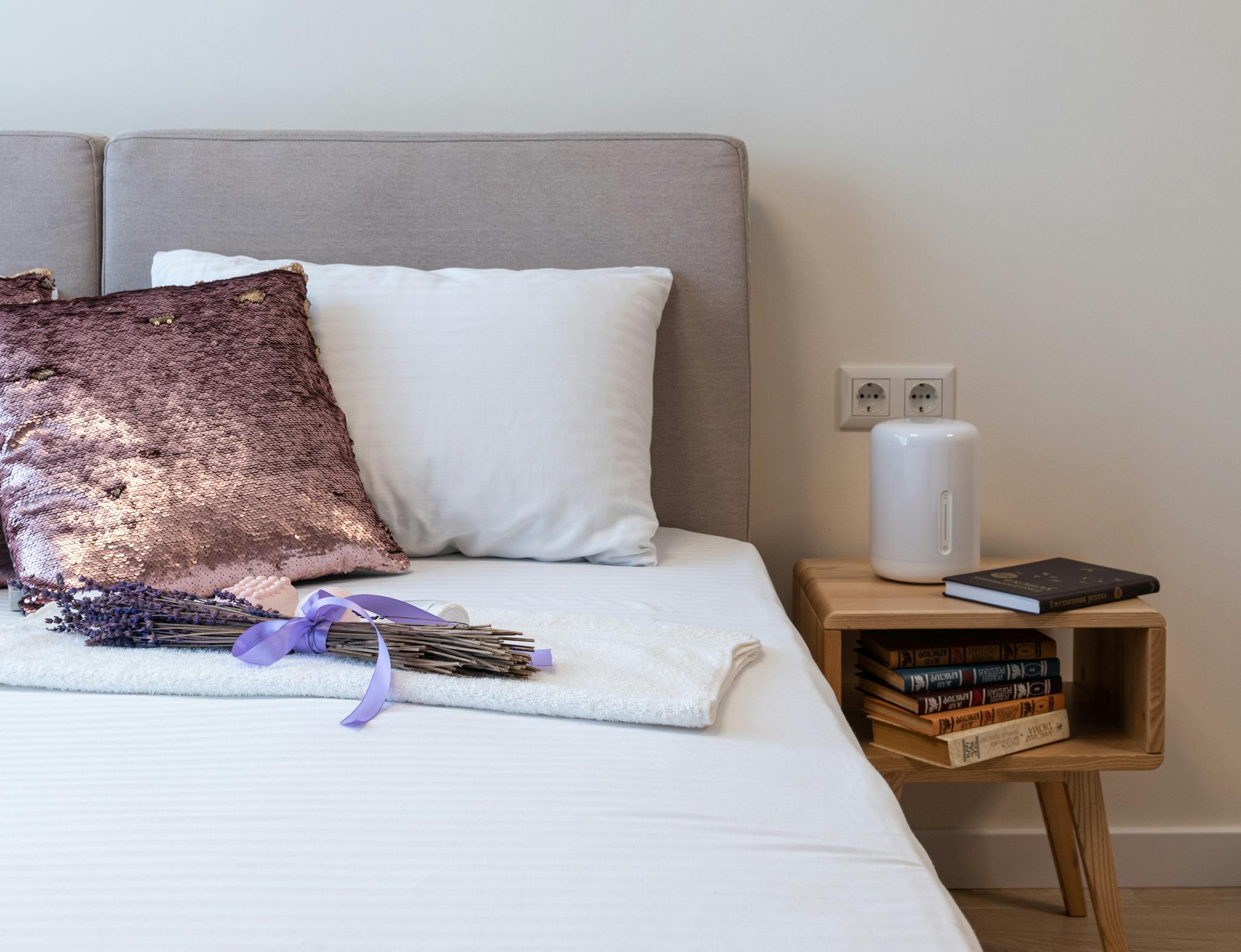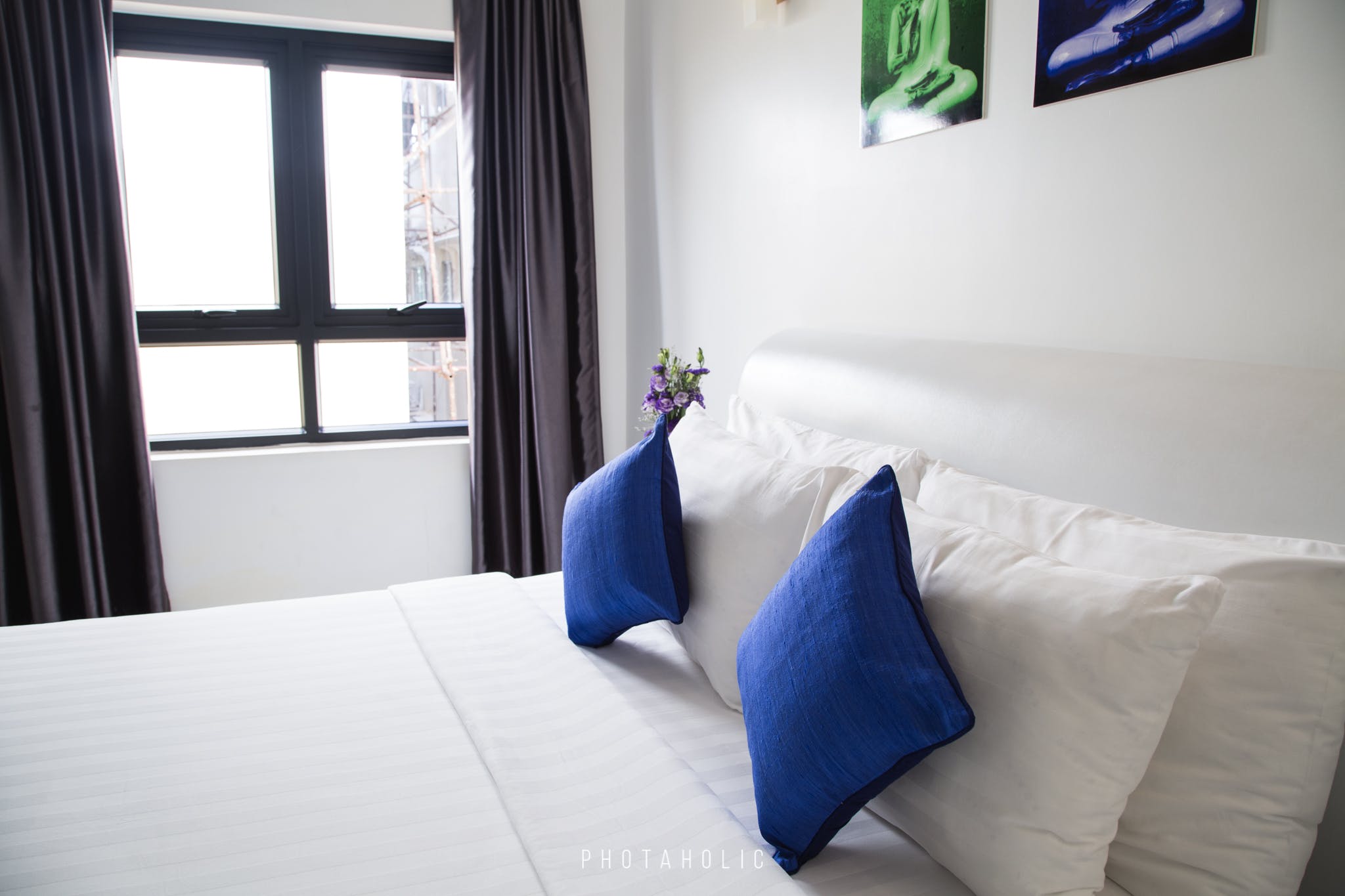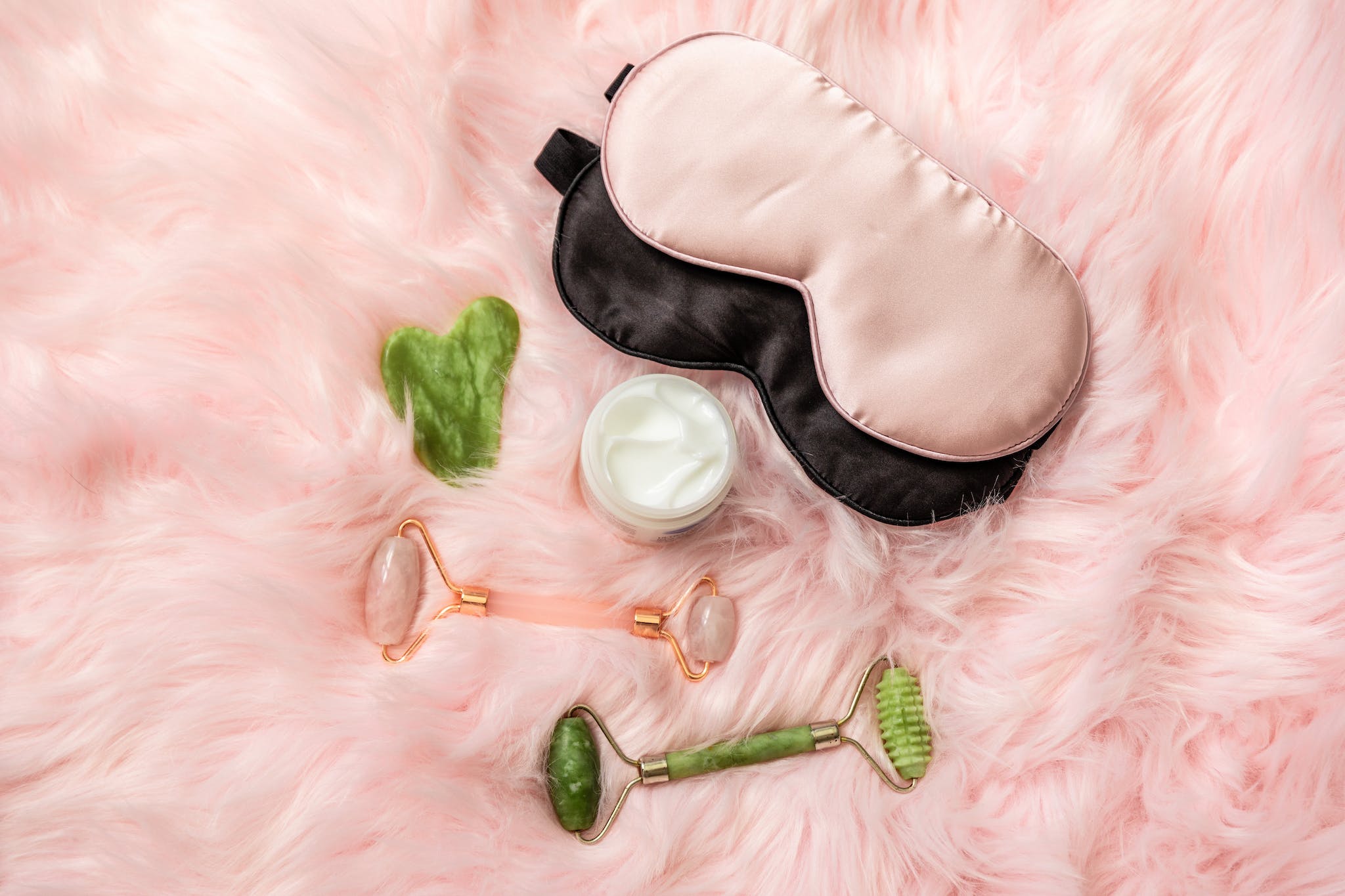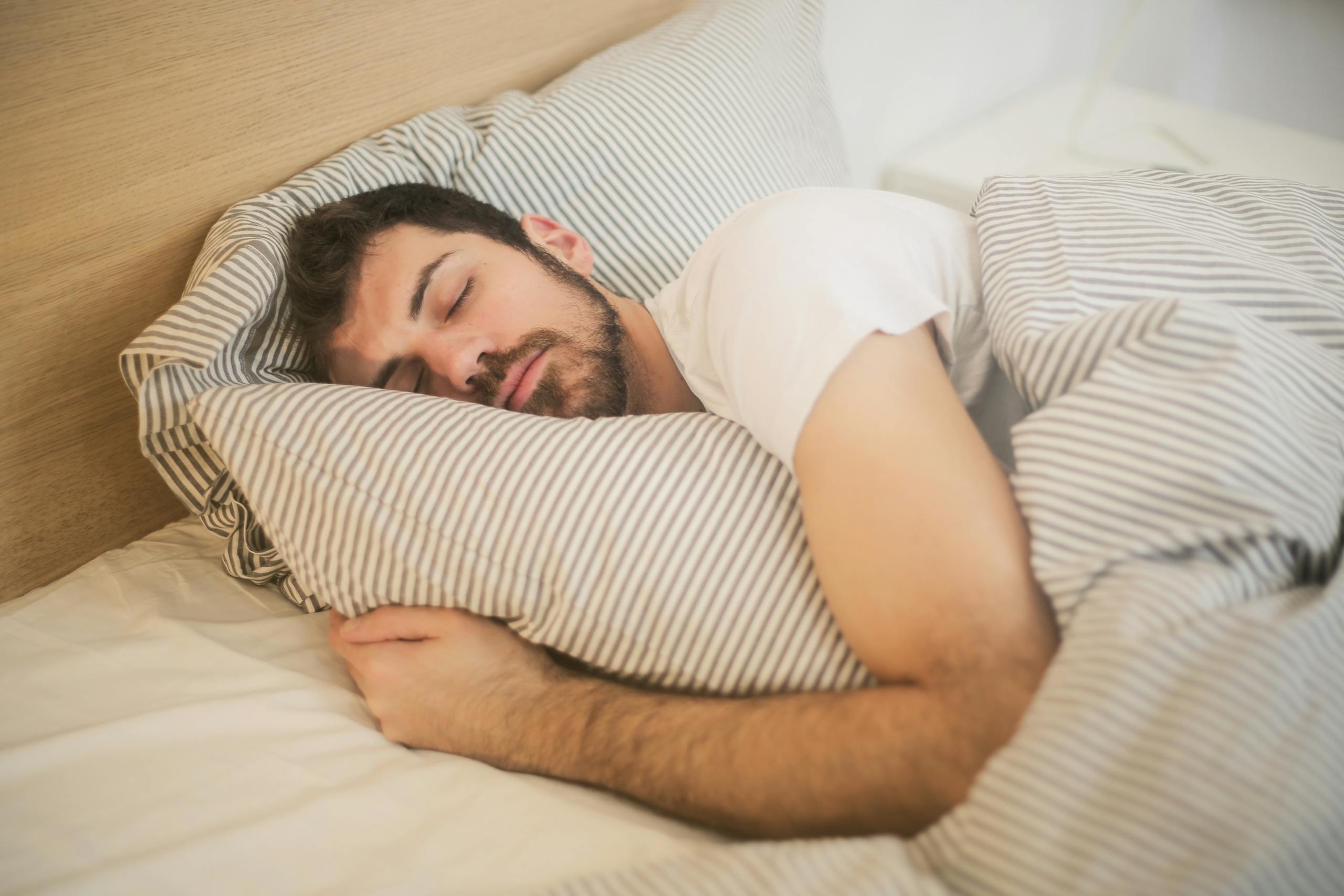Best Essential Oil Blend for Sleep
There are some affiliate links below, but they are all products I highly recommend. For more info, view my disclosure here.
Looking for a natural way to get a restful sleep? Essential oils may be the answer you’re looking for. Essential oils have been used for centuries to promote relaxation and help with sleep. In this article, we’ll explore the best essential oil blends for a good night’s sleep.
When it comes to essential oils for sleep, there are many options to choose from. Some oils are known for their calming and soothing properties, while others are more invigorating. The key is to find the right blend of oils that works best for you. We’ll cover the most effective essential oil blends for sleep and how to use them to get the most benefit.
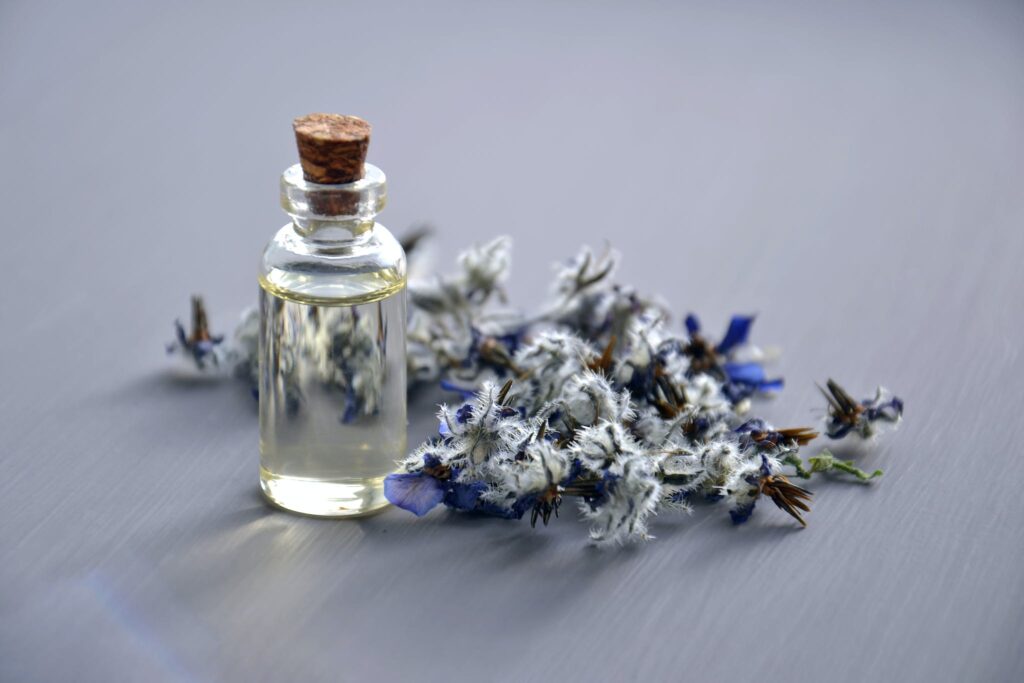
Understanding Essential Oils and Sleep
Getting a good night’s sleep is essential for your overall health and well-being. If you struggle with falling asleep or staying asleep, you may want to consider using essential oils to help promote relaxation and improve sleep quality.
The Science of Sleep and Aromatherapy
Essential oils have been used for centuries for their therapeutic properties. When it comes to sleep, certain essential oils have a calming and sedative effect on the nervous system, which can help you relax and fall asleep more easily.
Research has shown that aromatherapy with essential oils can improve sleep quality and increase the amount of time spent in deep sleep. This is because the aroma of essential oils can stimulate the limbic system in the brain, which is responsible for emotions, memories, and arousal.
Choosing the Right Essential Oils for Sleep
Not all essential oils are created equal when it comes to promoting sleep. Some of the best essential oils for sleep include lavender, chamomile, bergamot, ylang-ylang, and sandalwood. These oils have a calming and relaxing effect on the body and mind, which can help you fall asleep faster and stay asleep longer.
It is important to note that essential oils should never be used undiluted on the skin, as they can cause irritation or allergic reactions. Always dilute essential oils in a carrier oil, such as coconut oil or jojoba oil, before applying topically.
Safety Considerations and Usage Tips
While essential oils can be a great natural remedy for sleep, it is important to use them safely and appropriately. Here are some tips to keep in mind:
- Always dilute essential oils before applying topically.
- Do not ingest essential oils, as they can be toxic.
- Use essential oils in a well-ventilated area.
- Do not use essential oils around pets, as some oils can be harmful to animals.
- If you are pregnant or have a medical condition, consult with a healthcare professional before using essential oils.
In conclusion, essential oils can be a great natural remedy for promoting relaxation and improving sleep quality. By choosing the right essential oils and using them safely and appropriately, you can create a calming and soothing environment that promotes restful sleep.
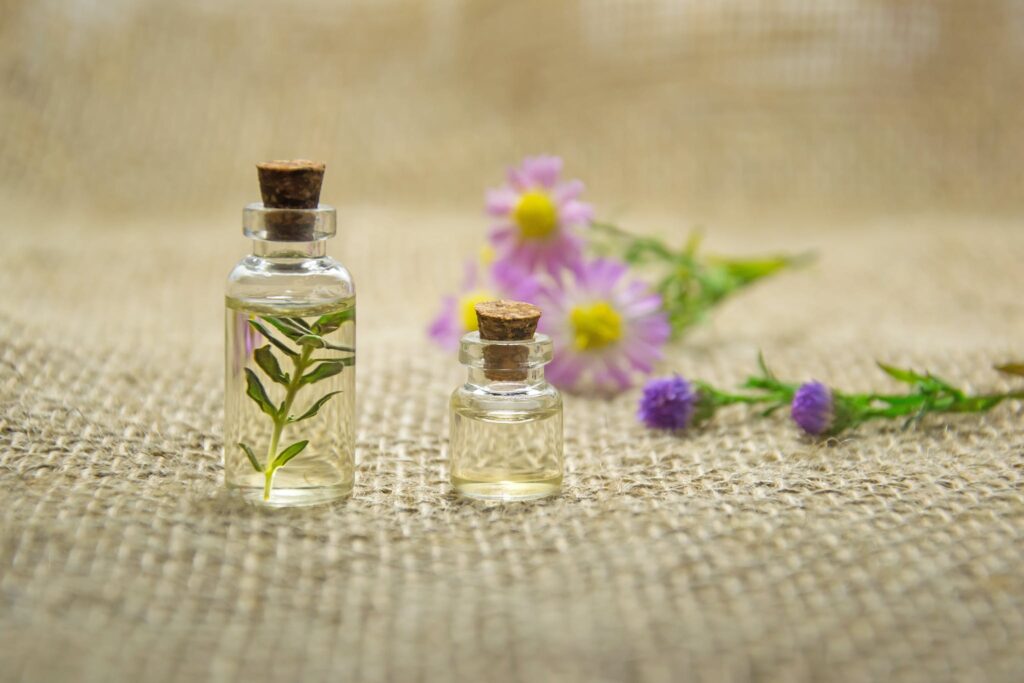
Top Essential Oils for Sleep
If you’re struggling with restless nights, essential oils may be the solution you need. Essential oils are natural and effective sleep aids that can help you drift off into a deep, restful slumber. Here are some of the best essential oils for sleep:
Lavender Oil and Its Calming Properties
Lavender oil is one of the most popular essential oils for sleep. It has a calming and relaxing effect that can help reduce anxiety and promote sleep. The main active component in lavender oil is linalyl acetate, which has been shown to have sedative effects on the body. You can diffuse lavender oil in your bedroom or add a few drops to your pillow before sleep.
Chamomile Oil: A Gentle Sedative
Roman chamomile oil is another great essential oil for sleep. It has a gentle sedative effect that can help calm your mind and body. Chamomile oil contains compounds that bind to the same receptors in the brain as benzodiazepines, a class of drugs commonly used to treat anxiety and insomnia. You can diffuse chamomile oil in your bedroom or add a few drops to a warm bath before sleep.
Vetiver Oil: Deep Sleep Promoter
Vetiver oil is a lesser-known essential oil for sleep, but it’s just as effective as lavender and chamomile. It has a strong, earthy scent that can help calm your mind and promote deep, restful sleep. Vetiver oil has been shown to reduce heart rate and blood pressure, making it a great choice for people with anxiety or high stress levels. You can diffuse vetiver oil in your bedroom or add a few drops to your pillow before sleep.
Bergamot Oil and Heart Rate Regulation
Bergamot oil is a citrus-scented essential oil that can help regulate heart rate and promote relaxation. It contains compounds that have been shown to reduce anxiety and promote sleep. Bergamot oil is also a natural antidepressant, making it a great choice for people with depression or seasonal affective disorder. You can diffuse bergamot oil in your bedroom or add a few drops to a warm bath before sleep.
In conclusion, essential oils are a natural and effective way to promote sleep and improve overall sleep quality. Lavender, chamomile, vetiver, and bergamot oils are some of the best essential oils for sleep, each with their unique benefits and properties. Try experimenting with different oils to find the best blend for your needs.
Creating Your Sleep-Inducing Essential Oil Blend
Getting a good night’s sleep is essential for your overall well-being. Essential oils can be a great natural way to help you relax and fall asleep faster. Creating your own essential oil blend is a fun and easy way to customize your sleep aid to your personal preferences. Here are some tips on creating your own sleep-inducing essential oil blend.
Essential Oil Blend Recipes for Better Sleep
There are many essential oils that can help promote relaxation and better sleep. Some of the best essential oils for sleep include lavender, chamomile, bergamot, and ylang-ylang. Here are a few essential oil blend recipes that you can try:
- Lavender and Bergamot: 3-5 drops of lavender and 2-3 drops of bergamot in your diffuser with 100 ml of water.
- Chamomile and Ylang-Ylang: 3-5 drops of chamomile and 2-3 drops of ylang-ylang in your diffuser with 100 ml of water.
- Own Essential Oil Blends: Experiment with different essential oils and create your own bedtime diffuser blends.
How to Mix and Dilute Oils for Safe Use
When using essential oils, it’s important to dilute them properly to avoid skin irritation or other adverse reactions. A good rule of thumb is to use 1-2 drops of essential oil per tablespoon of carrier oil, such as coconut oil or sweet almond oil. You can also dilute essential oils in water for use in a diffuser.
To create your own sleep-inducing essential oil blend, start by choosing your essential oils and carrier oil. You can then mix them together in a small glass bottle and shake well. Use 3-5 drops of the blend in your diffuser with 100 ml of water before bedtime.
In conclusion, creating your own essential oil blend for better sleep is easy and fun. Experiment with different essential oils and dilution ratios to find the perfect blend for you. Remember to always dilute your essential oils properly and use them safely.
Incorporating Essential Oils into Your Bedtime Routine
Getting a good night’s sleep is crucial for your overall health and well-being. Incorporating essential oils into your bedtime routine can help you relax and promote a restful night’s sleep. Here are two ways you can use essential oils to improve your sleep quality:
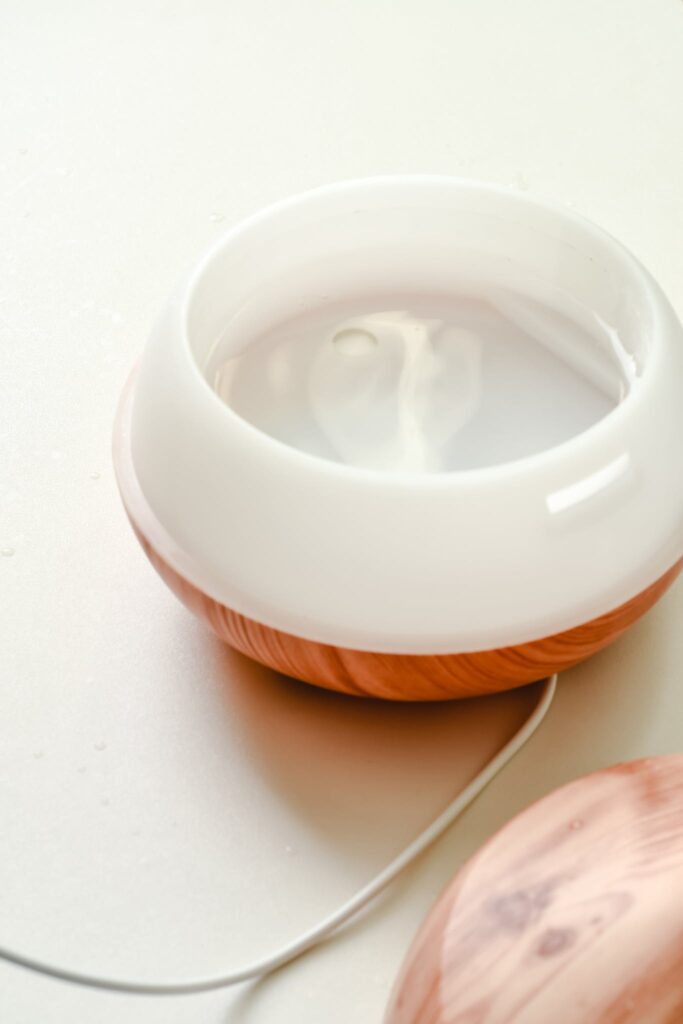
Diffusing Oils for Optimal Sleep Quality
Diffusing essential oils is a popular way to create a calming atmosphere in your bedroom. You can use a diffuser to disperse the essential oil blends into the air. The aroma of the oils can help you relax and unwind, promoting a restful night’s sleep.
Some of the best essential oils for sleep include lavender, chamomile, and ylang-ylang. You can create your own blend by mixing a few drops of each oil into a spray bottle filled with water. Spray the mixture onto your pillow or bed linens to create a calming atmosphere.
Topical Applications for a Restful Night
Topical application of essential oils can also help you relax and promote a restful night’s sleep. You can mix essential oils with a carrier oil, such as coconut or jojoba oil, and use it as a massage oil.
Some of the best essential oils for sleep include lavender, bergamot, and cedarwood. Mix a few drops of each oil with a carrier oil and massage it onto your skin before bedtime. The soothing scent of the oils can help you relax and promote a restful night’s sleep.
Incorporating essential oils into your bedtime routine can help you create a calming atmosphere and promote a restful night’s sleep. Whether you choose to diffuse the oils or apply them topically, using essential oils can help you get the hours of sleep you need to feel your best.
Additional Tips and Considerations
The Role of Carrier Oils and Dilution
When using essential oils for sleep, it is important to dilute them properly with a carrier oil. Carrier oils help to dilute the essential oil and make it safe for use on the skin. Some popular carrier oils include coconut oil, jojoba oil, and sweet almond oil.
The recommended dilution ratio for essential oils is typically 2-3 drops of essential oil per 1 teaspoon of carrier oil. However, this ratio may vary depending on the strength of the essential oil and the individual’s sensitivity. It is always best to start with a lower dilution and gradually increase as needed.
Lifestyle Changes to Enhance Sleep Quality
In addition to using essential oils, there are several lifestyle changes you can make to enhance the quality of your sleep. Here are a few tips:
- Stick to a consistent sleep schedule: Try to go to bed and wake up at the same time each day, even on weekends.
- Create a relaxing bedtime routine: Take a warm bath, read a book, or listen to calming music before bed to help relax your mind and body.
- Avoid screens before bedtime: The blue light emitted by electronic devices can interfere with your body’s natural sleep-wake cycle.
- Create a comfortable sleep environment: Make sure your bedroom is cool, dark, and quiet. Invest in a comfortable mattress and pillows.
- Limit caffeine and alcohol intake: Consuming caffeine or alcohol too close to bedtime can interfere with your ability to fall asleep and stay asleep.
By incorporating these lifestyle changes and using a deep sleep diffuser blend with the right carrier oil, you can improve your chances of getting a good night’s rest and avoiding the negative effects of lack of sleep.
